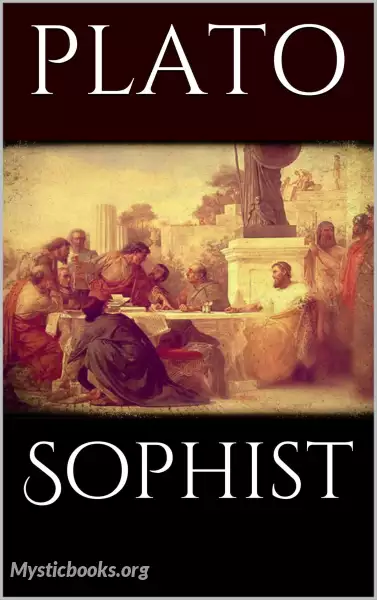
Sophist
'Sophist ' Summary
The main objective of the dialogue is to identify what a sophist is and how a sophist differs from a philosopher and statesman. Because each seems distinguished by a particular form of knowledge, the dialogue continues some of the lines of inquiry pursued in the epistemological dialogue, Theaetetus, which is said to have taken place the day before. Because the Sophist treats these matters, it is often taken to shed light on Plato's Theory of Forms and is compared with the Parmenides, which criticized what is often taken to be the theory of forms.
In Cratylus, contemporary or slightly preceding the Republic, Plato poses the problem, decisive for the use of dialectics for cognitive purposes, of the relationship between name and thing, between word and reality. Thus the ‘Sophist’ has its major background in the Cratylus. This dialogue is resolved in a contrast between the thesis of Hermogenes, who considers the name a simple sequence of sounds conventionally chosen to refer to an object, and the thesis of Cratylus, a pupil of the old Heraclitus, who supported the full expression of the essence of the “nominatum” in the name, and who considered the names as expressions forged by an Onomaturge, capable of expressing the essence of the thing named. Following this research, all the ‘Sophist’ is dedicated to find the right definition of the name “sophist”.
Book Details
Language
EnglishOriginal Language
GreekPublished In
360 BCGenre/Category
Tags/Keywords
Authors
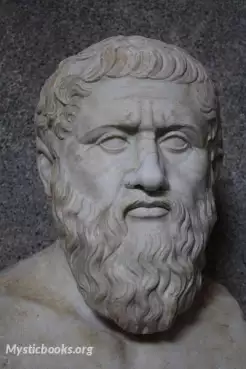
Plato (Πλάτων)
Greece
Plato ( Classical Attic; 428/427 or 424/423 – 348/347 BC)) was an Athenian philosopher during the Classical period in Ancient Greece, founder of the Platonist school of thought and the Academy,...
Books by Plato (Πλάτων)Download eBooks
Listen/Download Audiobook
- Select Speed
Related books
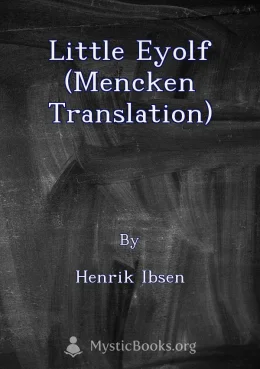
Little Eyolf (Mencken Translation) by Henrik Ibsen
Little Eyolf is a play by Henrik Ibsen that explores the complex and often painful dynamics within a family grappling with loss and grief. It delves i...

The Shining Gateway by James Allen
Students of the works of James Allen all over the world will welcome with joy another book from his able pen. In this work we find the Prophet of Medi...

Voice of the Ancient Bard by William Blake
LibriVox volunteers bring you six different readings of The Voice of the Ancient Bard, by William Blake. This is a weekly poetry project. (Summary by...

Visha Vahini by Ramanuja Rao Somaraju
Visha Vahini is a social drama set in Southern India in the early 1900s. It tells the story of a young man who falls deeply in love with his classmate...
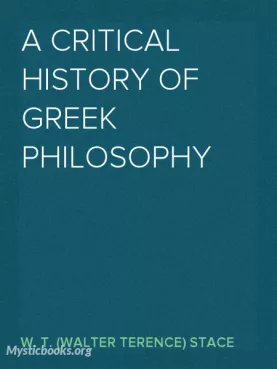
A Critical History of Greek Philosophy by Walter Terence Stace
It is a comprehensive analysis of Greek philosophical thought from its origins to the end of the Hellenistic period. This book was first published in...
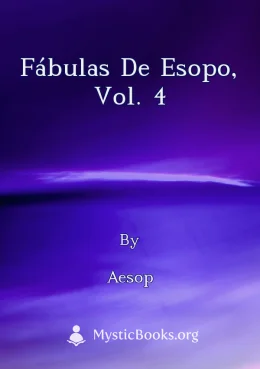
Fábulas de Esopo, Vol. 4 by Aesop
Las clásicas Fábulas de Esopo han sido traducidas a todos idiomas por cientos de años. Las fábulas, en forma de alegorias, nos dan consejos en una for...
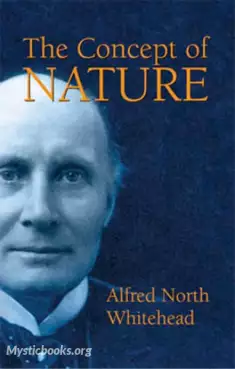
The Concept of Nature by Alfred North Whitehead
In The Concept of Nature, Alfred North Whitehead discusses the interrelatedness of time, space, and human perception. The idea of objects as 'occasion...
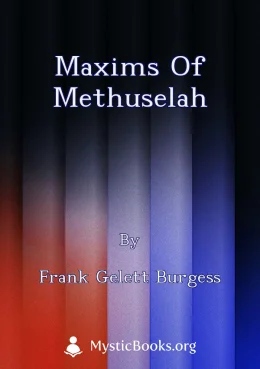
Maxims of Methuselah by Frank Gelett Burgess
This satirical work presents itself as the collected wisdom of Methuselah, the biblical patriarch known for his longevity, on the subject of women. W...
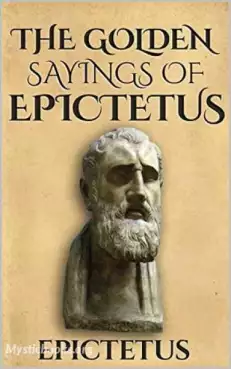
The Golden Sayings of Epictetus by Epictetus
Aphorisms from the Stoic Greek.
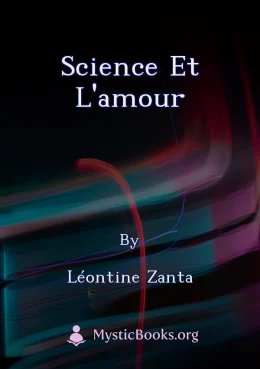
science et l'amour by Léontine Zanta
Le roman suit Madeleine, une étudiante passionnée et idéaliste en philosophie à la Sorbonne pendant la Première Guerre mondiale. Elle explore la compl...
Reviews for Sophist
No reviews posted or approved, yet...